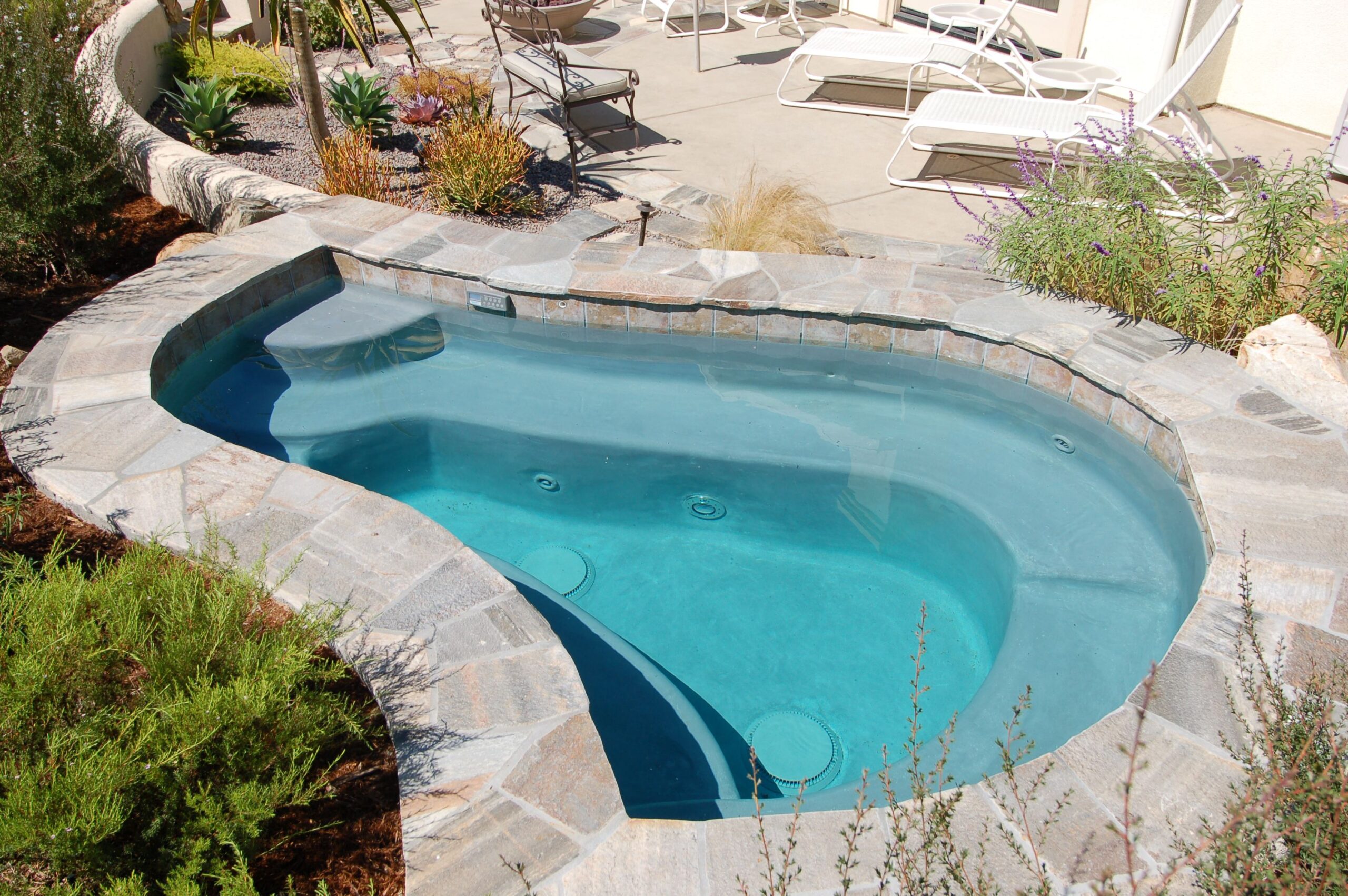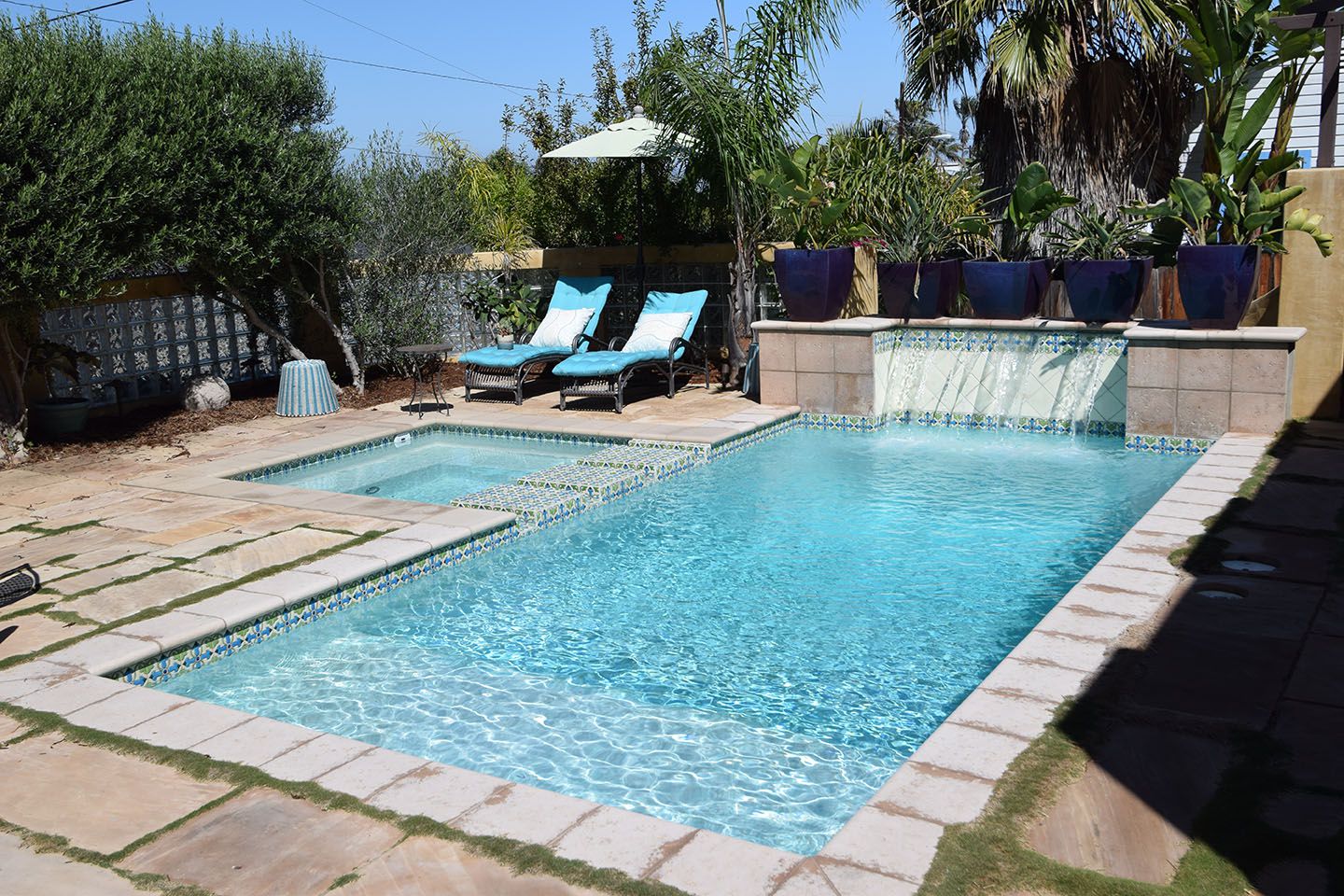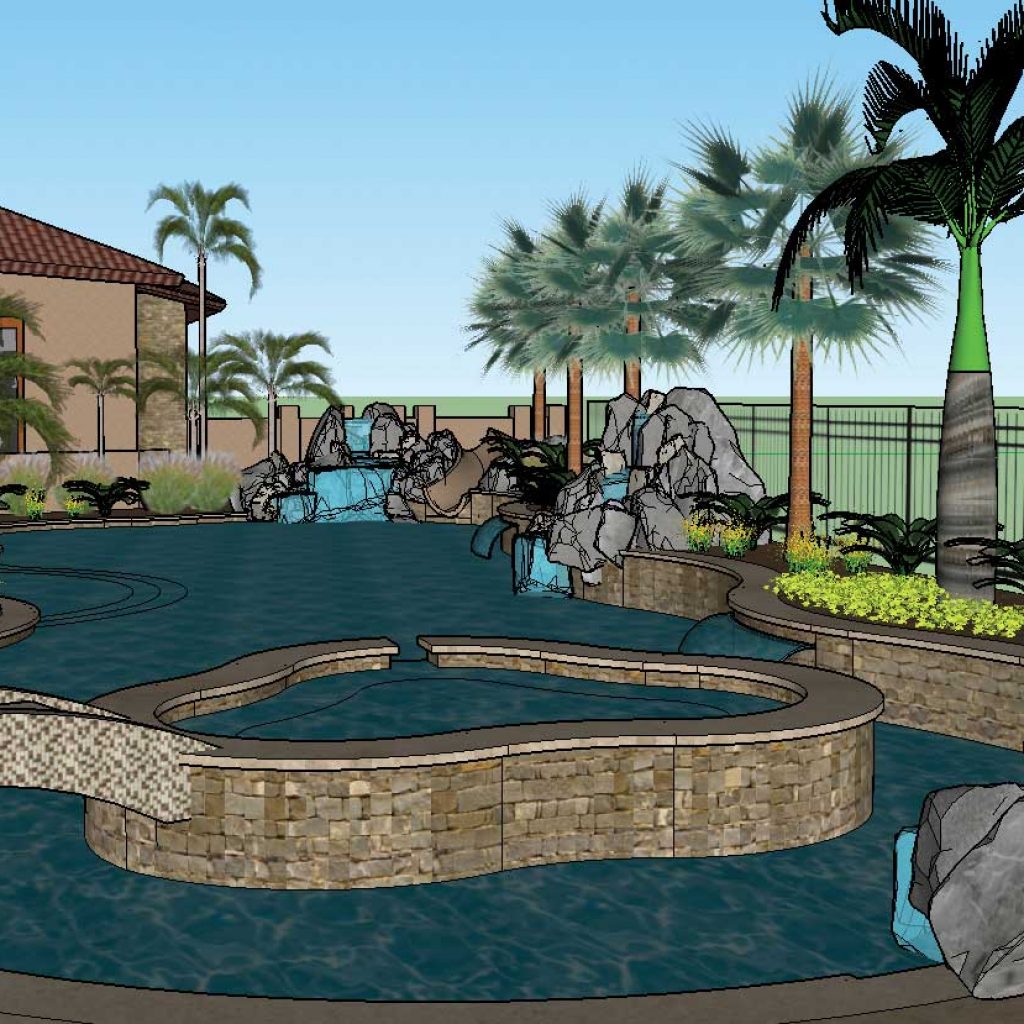There are few greater luxuries than having a private swimming pool at your disposal, and when you hire a reputable pool designer to create your outdoor oasis, you can enjoy a truly spectacular exterior space for lounging and entertaining. Of course, you don’t want to join the polar bear club every time you go for a dip, so heating is an essential part of the pool experience.
If you’re like most people, however, you’re interested in doing your part to cut your carbon footprint and protect the health of the planet. Keeping your pool heated year-round may not fit with this eco-friendly strategy.
How can you enjoy a heated pool while still conserving energy? There are several steps you can take to do your part for the environment even as you get the most from your luxury pool.
Solar Power
Whether you’re currently planning your pool installation or your project is long-since complete, you may want to speak with your pool designer about the prospect of implementing a solar heating system. Depending on your region, you may enjoy sunny weather year-round, allowing you to conserve energy and heat your pool throughout the year.
Even if you live in a wintry clime, however, you can still utilize solar power for heating during the summer months, when your pool is likely to get the most use anyway. If you’re dedicated to conserving energy, this is one of the best measures to reduce energy demand when heating your pool.
Pool Cover
Your pool designer can no doubt give you many tips on how to reduce energy draw to heat your pool, and one simple option is to include a pool cover. According to the U.S. Department of Energy, using a cover when your pool is not in use could reduce energy demand by as much as 50-70%.
In addition, you could opt for even more efficient products like solar pool covers that not only stop heat loss and evaporation, but also transfer the heat from the sun to the water below in order to reduce the amount of energy required to heat your pool water.
Reduce Heat
Any time you’re not using your pool for an extended period of time, it’s best to perform proper maintenance, reduce the water level, reduce the temperature, and cover the pool. Whether you’re going on vacation for a couple of weeks or winterizing your pool, this is a given for energy and water conservation.
Landscaping
An experienced pool designer is sure to tell you that landscaping can play an important role when it comes to energy conservation. The right barriers around your pool area can help to reduce wind and inclement weather that may leach heat from your pool and increase energy demand.
Upgrade for Efficiency
If your pool and related components like pumps, heaters, and filters are more than a few years old, it may be time to speak with your pool designer about upgrading to more energy-efficient equipment as a way to ensure performance and conserve energy.




